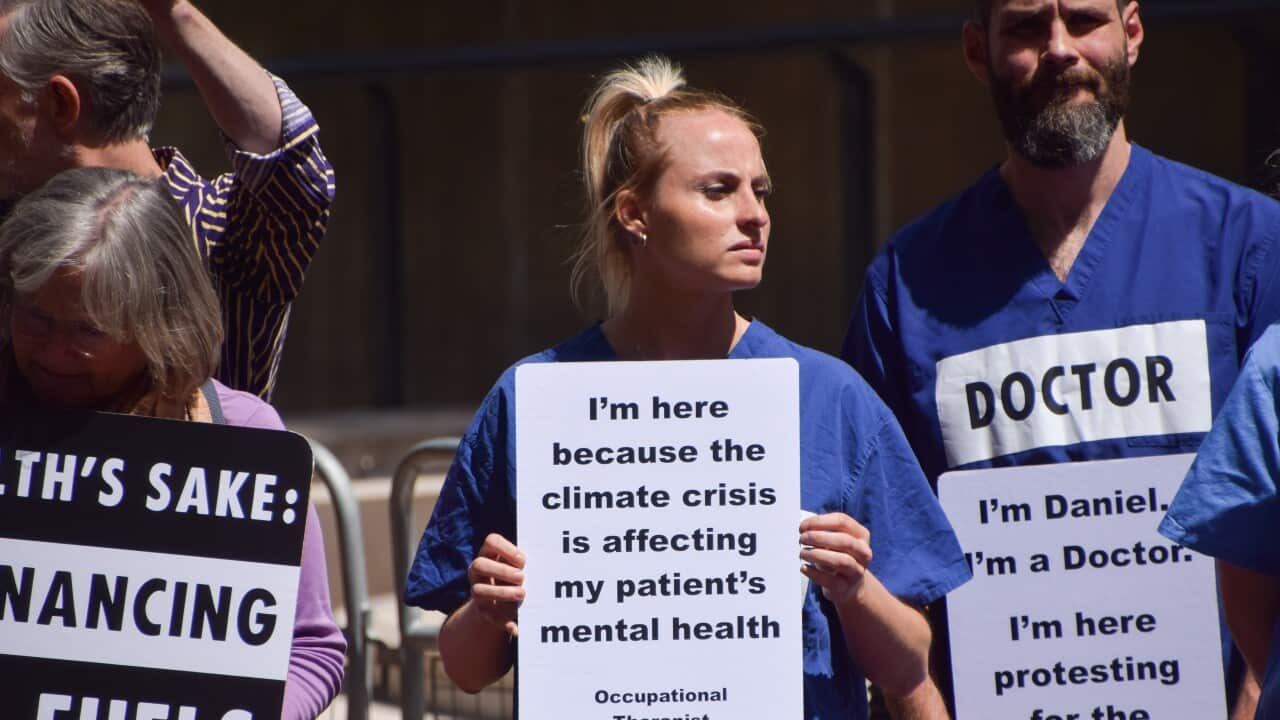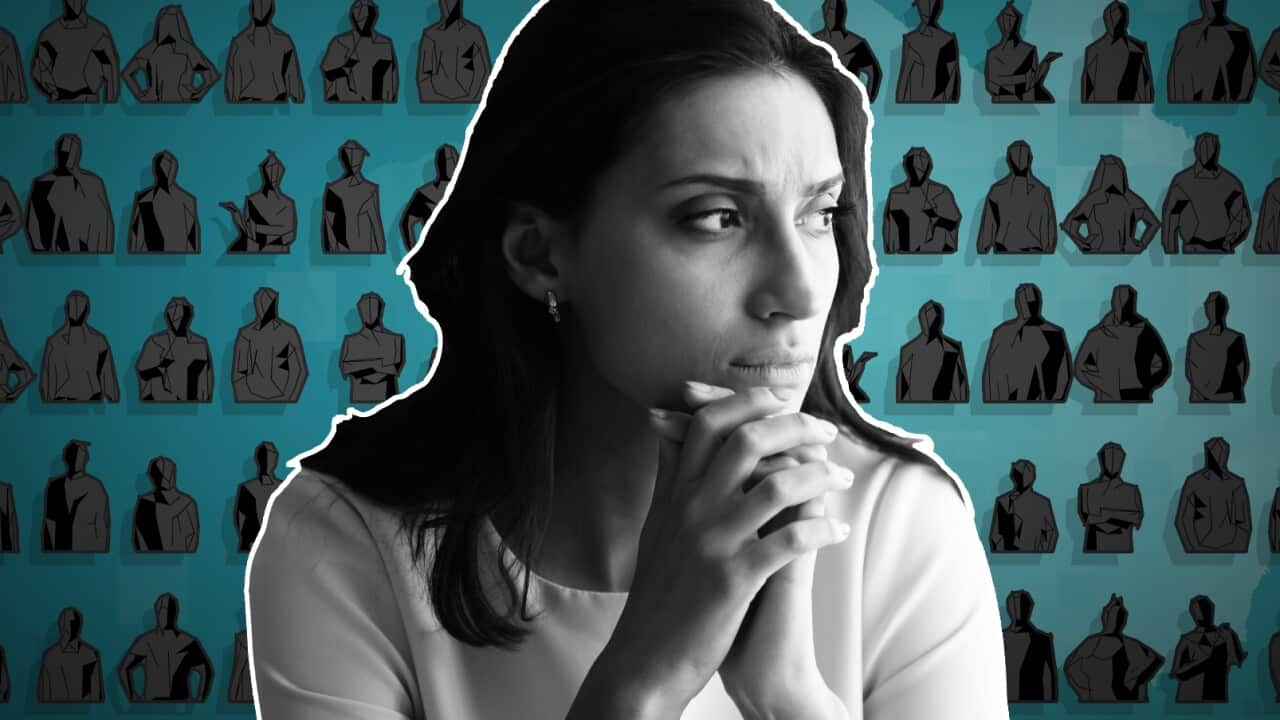Mark is 18 years-old and cares for his father in New South Wales.
He is in his first year at university, studying chemical engineering, but he says it is hard to picture his future.
"Most teenagers or most people coming out of high school don't really have an idea of what to do. So I guess there's that," he said.
"But then of course coupled with the challenges at home, maybe - the unpredictable stuff that can happen - I guess that just adds to it as well."
Mark is one of the 2.65 million unpaid carers in Australia. But a by Carers Australia - the national peak body representing the country's unpaid carers - hopes to give young people like him extra support.
As part of the The Young Carer Bursary Program, funding from the federal government will allow for the provision of 1,000 annual bursaries valued at $3,000 each for young carers aged between 12 and 25.
The financial support is aimed at helping young carers to finish their education while they undertake their caring responsibilities.
The CEO of Carers Australia, Alison Brook, said many carers are young - or under the age of 25 - like Mark.
"We know that there are at least a quarter of a million young carers looking after family members, and that includes a large proportion who are parents living with mental illness of some sort," Ms Brook told SBS News.
"That's one of the really important things we try to support young people with, so that they're not disadvantaged in their employment down the track. So there's an amount of $3,000 they can get each year, to spend in any way that they need," she said.
The 2021 Census revealed that mental health conditions were among the most-reported long-term illnesses in Australia.
According to the report, 2.2 million Australians said they face ongoing challenges, more than those who reported having arthritis or asthma.
Effective support for mental health has often been hard to find.
Victorian Premier Daniel Andrews admitted as much when he spoke to the state's Royal Commission into Mental Health last year.
"Mental health is everybody's business. And without mental health, there can be no health in a much broader context," Mr Andrews said.
"The system doesn't work to provide care and support. In fact, it sometimes makes really difficult situations much, much worse," he said.
But as bad as things have been for those seeking treatment, for their carers it is equally tough.
Rose Cuff is with the Satellite Foundation, a Victorian group that works with young people whose parents or carers have mental health challenges.
"They really are the double-whammy of the pandemic and cost of living, and their family members - their adult family members - struggling with rising cases of depression and anxiety ... it's really making young people ... it's a really tough time," Ms Cuff told SBS News.
Other services look to help young people discover their sense of self.
Ms Cuff said the Satellite Foundation runs online and in-person services with the goal of showing them they're not alone — and it's okay to just be a kid.
"It can be hard for them to do the things that, developmentally, we know they would like to do. You know, go to school, do social things, explore their own world safely and creatively," she said.
"So we often find that they come into our Satellite community having never thought much about what they do. It's part of what they do in their life."
The Foundation has just received more than $12 million from the Victorian Government to expand its services statewide.
Ms Cuff said funding will allow them to reach young carers who live in remote and regional areas, who have typically struggled to find support in the past.
"The bravery required to speak up about what's happening in the mental health field in your family - because of the stigma that still exists out there - can be incredibly hard," she said.
"And so there's a huge amount of courage required to even reach out for support in the first place, and then when you do it can be hard to find what you want and when you want it."
With COVID-19 still ongoing and health systems around the country under pressure, Ms Brook of Carers Australia hopes young people can be supported in the choices they're making, and that conversations around mental health can keep going.
"We talk about this a lot more than we did even 10 years ago," she said.
"So I'm not saying there's no stigma - and there may well be some in some particular cases - but I think that more and more we're realising that we're all on a continuum of physical and mental health, and it slides up and down.
"And the more we talk about it openly like this, the more we realise that this isn't a matter of shame, it's a matter of life."
Readers seeking support with mental health can contact Beyond Blue on 1300 22 4636. More information is available at . supports people from culturally and linguistically diverse backgrounds.













